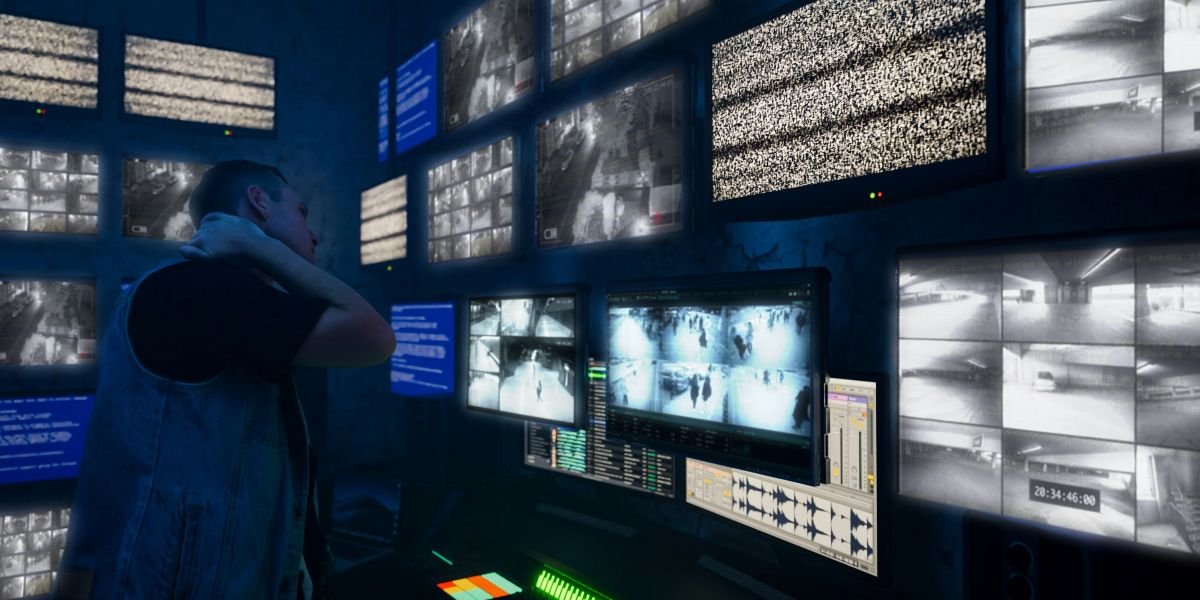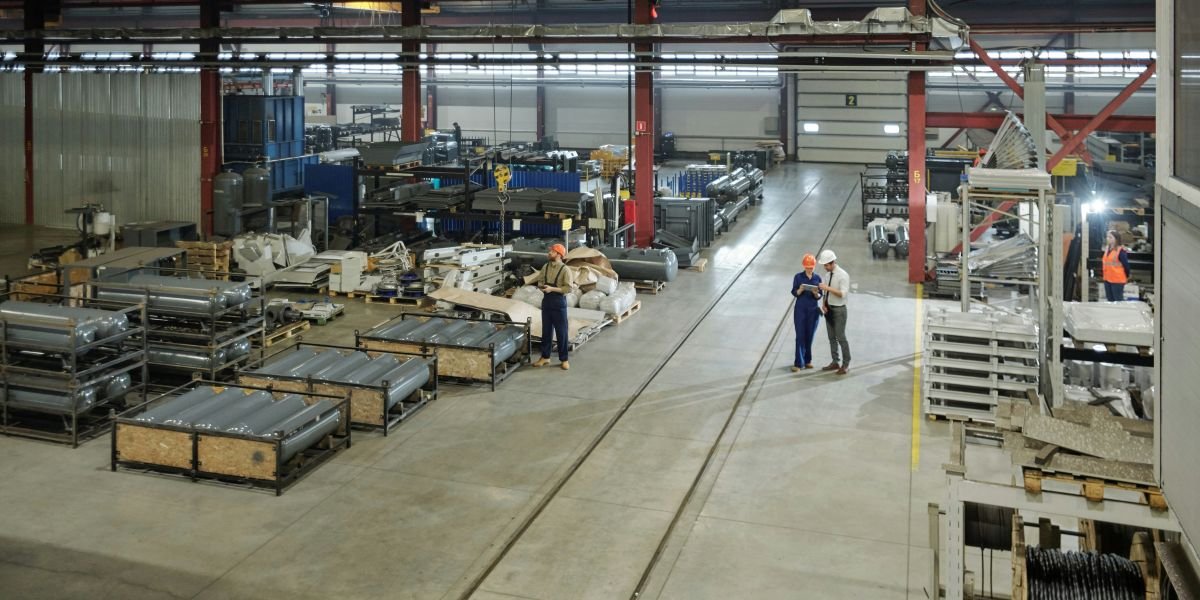Revolutionizing Industries and Decision-Making
Artificial Intelligence (AI) and automation have become integral components of diverse business processes, revolutionizing industries and shaping decision-making strategies. This transformative integration extends across sectors, ranging from customer service to manufacturing, and its implications are profound. In this article, we delve into the significant influence of AI and automation, exploring how these technological advancements are reshaping the landscape of modern businesses.
The Rise of Intelligent Automation
Businesses are navigating an era marked by the rise of intelligent automation, where AI-driven technologies seamlessly collaborate with automated processes. This synergy is particularly evident in customer service operations, where chatbots equipped with natural language processing capabilities provide efficient and round-the-clock assistance. The automation of repetitive tasks not only enhances operational efficiency but also allows human resources to focus on more complex and strategic aspects of their roles.
Transforming Manufacturing Paradigms
In the realm of manufacturing, AI and automation are ushering in a new era of efficiency and precision. Smart factories leverage AI algorithms to optimize production schedules, predict maintenance needs, and enhance overall productivity. The seamless coordination between machines, guided by AI, ensures a smoother manufacturing workflow, reducing downtime and minimizing errors. This transformative impact is not only reshaping production processes but also redefining the expectations of modern consumers.
Influencing Decision-Making Through Data
One of the key facets of AI’s impact is its ability to generate valuable insights from vast datasets. By employing machine learning algorithms, businesses can make data-driven decisions that were once unimaginable. From predicting consumer behavior to optimizing supply chain logistics, AI enables organizations to navigate a data-rich landscape with precision. This shift towards data-driven decision-making aligns with the values of transparency and efficiency, echoing the principles that guide contemporary business practices.
Navigating Ethical Challenges
While the integration of AI and automation presents unparalleled opportunities, it also raises ethical considerations that demand attention. The quest for innovation should be accompanied by a commitment to transparency and ethical use of technology. Issues such as data privacy, algorithmic bias, and job displacement warrant careful consideration. As industries embrace automation, a critical examination of the potential societal impact becomes imperative to ensure responsible and sustainable progress.
The integration of AI and automation is undeniably reshaping the business landscape. From enhancing customer service to revolutionizing manufacturing processes, the influence of these technologies is far-reaching. However, as we embrace this ever-evolving technological landscape, it is crucial to strike a balance between innovation and ethical considerations. By navigating these transformative changes with a commitment to transparency and responsible practices, businesses can harness the full potential of AI and automation for a sustainable and progressive future.










